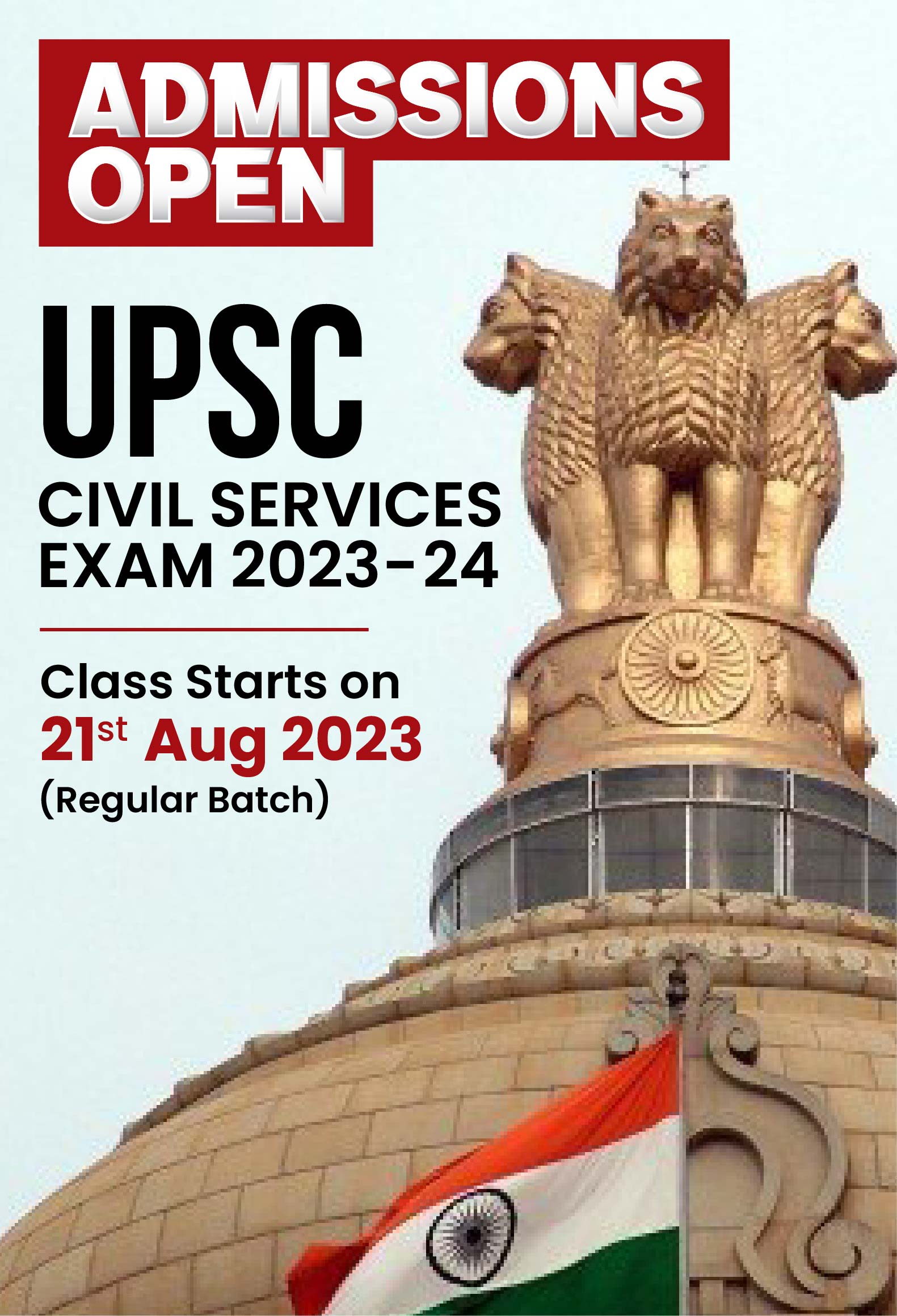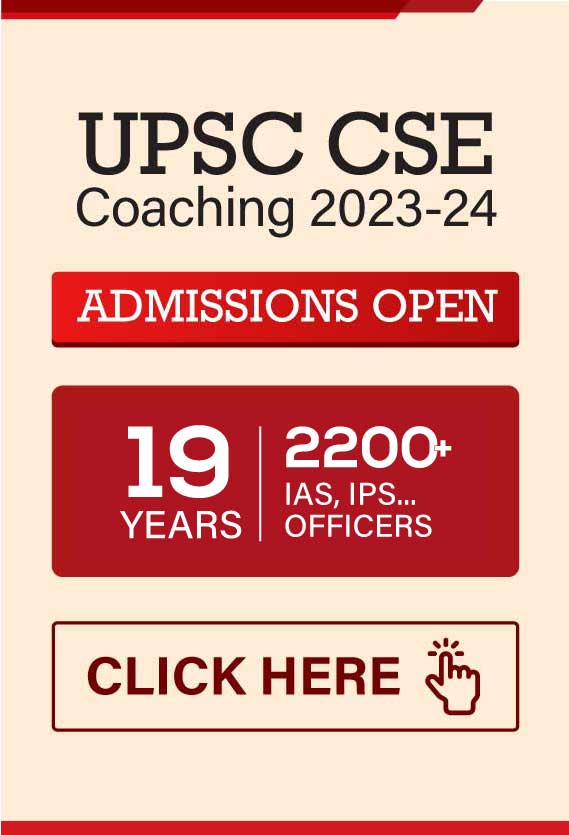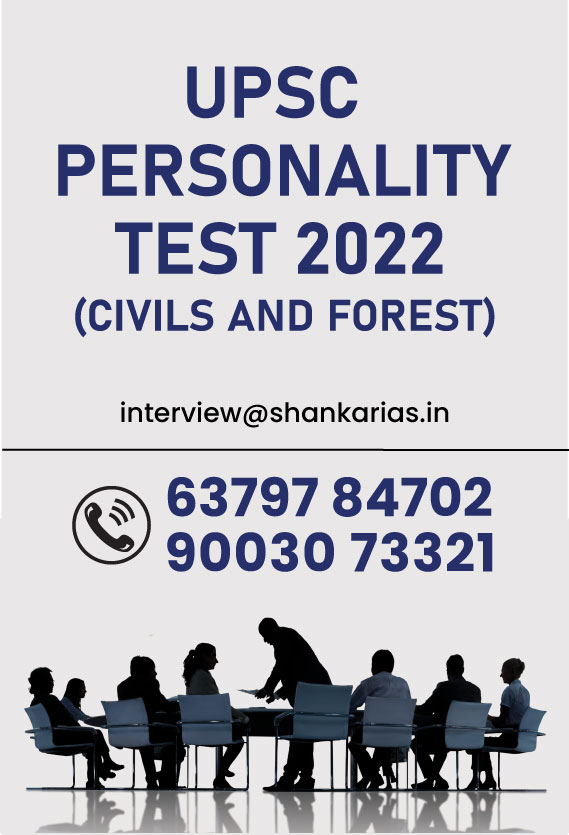CivilIASationTM - Shankar IAS AcademyTM
All That You Want To Know About The UPSC Personality Test
Prepartion Before The D-Day
Content / Opinion Moulding
- While preparing on DAF based details keep the Socio/cultural, Economic, Political, Legal, and other areas in mind, so that you can brain storm as much as possible.
- Prepare an introduction which tries to project you. You can mention both DAF and non based attributes. What you say can lead the board to ask you questions on some specific area. For example: “I am a very detail oriented person”. The Board can ask how detail oriented are you? Mention instances. etc.
- Keep some perspectives when preparing on any area (National, State, district, District Collector level/ Implementation, Secretary level/Policy level, etc.)
- Remember if you can ask a question, you can also predict how the UPSC will ask questions. Keep probing, asking questions on what you read.
- Make your opinions about the data that you collect for your home district. For example, if IMR of your district is say 50/1000, you need to prepare on is it above or below state average, national average, world data. Then prepare what I can do about it as an individual, District collector, Policy maker etc.
- Prepare on the current issues on
- Health & Nutrition
- Education
- Energy
- Economics
- Policies , Schemes & Social welfare
- Social structure /Social Issues
- Agriculture
- Bilateral and International Relations etc.
- While preparing the opinions on current issues take the information that you get from the newspapers, TV debates but ensure to balance your views.
- When reading others interview transcripts understand how they managed the questions rather than the answers for the questions.
- Profile analysis of the UPSC board members can help you have an idea on the board expertise areas.
- The questions asked by the board usually have some sort of repetition. Example if the board if headed by an academician, they usually ask the candidates based on their area of expertise. Boards headed by bureaucrats have a lot of practical questions.
- There is never a right or a wrong answer. Justify your opinion in front of the board.
- Avoid controversial words in the interview.
- Answers should be rational and convincing.
- Accept if and when you don’t know an answer.
Mock Interviews
- Attend a maximum of 3 mock interviews. Space out your mock interviews. Avoid taking up mock interview every week and getting confused.
- Preserve your originality.
- From the opinions of the mock interview boards take the lessons on how to answer rather than what to answer.
- Don’t create opinions about the board members.
On The Day Of The Interview
Grooming
- Have an appropriate body language, the way you use your hands and legs.
- Don’t slouch or sit on the edge on the edge of the chair you sit on.
- Don’t sit like a robot.
- If you want to use your hands use both your hands while speaking.
- Don’t clasp your hands and project your stress.
- Avoid pointing fingers.
- Nothing wrong if you can’t or don’t use your hands, you can communicate with face and words also.
- Dress according to your physique, skin tone and the climatic condition.
Gentlemen
- Wearing a tie, coat, suit etc. is not mandatory.
- Tucking your shirt in, wearing a belt with a pair of formal trousers, formal shoes are preferred.
- Though full sleeves are preferred, half sleeves can be worn if you feel you are short.
- Go with a clean shave and neat hair cut.
- If you have a moustache, keep it well trimmed.
Ladies
- Formal Saree/Salwars are preferred. Embroidered works is alright but avoid glitters on clothes.
- Avoid pointed heels for your foot wear
- Minimum make up and jewellery (for your neck and hands)
- Avoid dangling ear-rings
- Groom your hair well so that hair does not fall on your face as you speak
- Use a mild deodorant/perfume based on your body type.
- More than anything, you should be comfortable with what you wear so that you don’t fidget with your clothes or accessories.
- Always wear a smile.
Way Of Articulation
- Be humble, don’t be submissive.
- Always watch your tone while answering especially “I know the answer to these questions” and “I don’t know anything about these questions”. Candidates usually get excited when they know and have prepared on some answer and the tone goes down when a candidate doesn’t know.
- Practise talking in front of the mirror.
- Maintain eye contact always.
- Practise as much as possible on how to articulate.
- Project yourself well with an optimistic outlook.
The Process
- The candidates had to surrender their mobiles phone as soon as they enter the UPSC building.
- Then they were made to sit in a hall where their certificates were verified.
- After verification they were made to sit in the inner circle, a glass chamber in the groups based on whichever board was to interview them.
- A person would escort the candidates to the interview chamber after the previous candidates interview is over.
- The Candidates were not allowed to carry their watches, pens, files or any other belongings to the UPSC interview chamber except their hand kerchiefs.
The UPSC Interview
- Don’t bother too much about the duration of the interview, time slot of your interview or the day/date of the interview. UPSC is an unbiased body.
- Enter and exit from the Interview gracefully.
- There is a psychologist sitting in the board is a mere myth.
- Avoid mapping the location of the board in the UPSC hall and also expect the members to be seated anywhere in the interview rooms. The board can be seated just a few steps away from the door or sometime you will have to walk in a bit more.
- Don’t interact with other candidates who have completed their interview just before you. You can get stressed. However, it does make sense that you interact with those who have completedthe interviews before the day of your interview so that the trend of the board can be understood.
- Don’t panic when your turn comes in the Interview
- It is enough if you wish the board once.
- Interview usually start for a majority of the candidates who have previous work experience from their work experience and the others from hobbies, interests & extracurricular activities column, State, basic educational qualifications. If the interview isn’t based on the usual areas it could be based on Current Affairs Current Affairs based on last 15 days events.
- Finally,
- There will always be factual questions. There will be many questions for which we don’t know the answers. These are only to test your psyche.
- Answer the opinion questions keeping in mind that you will have to satisfy the ego/need of the interviewer.
Remember that you are going for Personality Test and not a mere interview, so be confident, if can reach up to the 3rd stage, you just one step away from where you want to be in the Rank list.
All the very best from Shankar IAS Academy!




